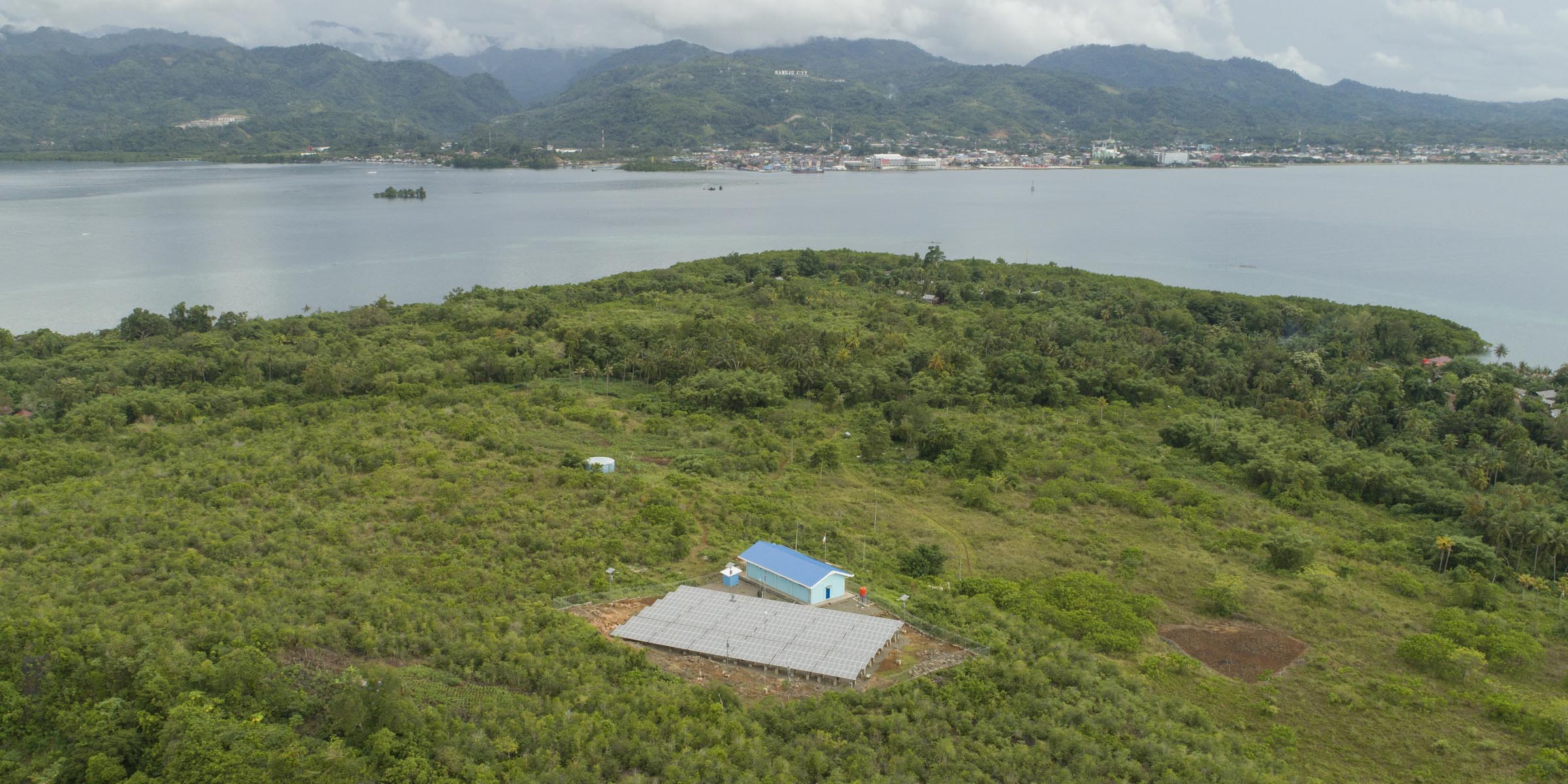-
Closeout Feature Page
Investing in Indonesia’s Future

MCC’s Compact with Indonesia invested in the nation’s people, businesses and economy through projects to reduce childhood malnutrition, modernize government procurement, improve resource management, and increase investment in agriculture and renewable energy.
-
Star Report
Indonesia Compact

Read MCC’s Star Report: Indonesia Compact for a comprehensive look at MCC’s $474 million investment in “green prosperity,” community-based health and nutrition, and the modernization of the country’s procurement system from 2013-2018.
Indonesia Compact
The Indonesia Compact's end date was April 2, 2018. The compact is now closed.

